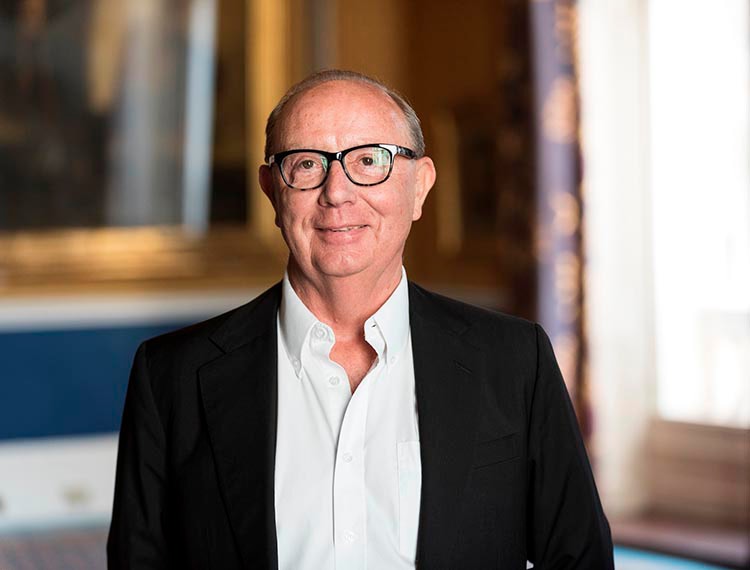Looking at vocational and creative skills rather than just academic status

Gavin Whichello, founder of training company Qube Learning and recent recipient of the Vice-Chancellor’s Outstanding Contribution to Surrey 2019 Award, Visiting Professor at Surrey University, discusses what social mobility means today:
Coming from a working-class background, I wasn’t perhaps given the same opportunities as other boys more fortunate than myself, but I wanted to prove that I was just as capable as anyone.
Boys like me were expected to follow in our father’s footsteps so further education was not part of the plan. However, I was determined that my life would be different.
Prioritises academic achievement as the gold standard
As the gap between rich and poor continues to grow, upward social mobility appears harder than ever for many members of our society. Unfortunately, the quality of an individual’s education varies to a large extent depending on the social class that they are born into, and more often than not, the higher the family income, the better the educational opportunities.
Today’s education system prioritises academic achievement as the gold standard, yet this system fails to acknowledge the many other skills and attributes that so many individuals possess which are essential in the workplace.
Our current education system celebrates only a narrow spectrum of abilities and as a result such a lot of potential and ability is being wasted. Further Education presents a great opportunity for those who don’t follow this more traditional route to learn and earn.
Fairer recruitment processes
Although the chasm between the classes is vast, an increasing number of organisations are focusing on equality and employment structures within their workplaces.
They are adopting fairer recruitment processes and understanding the potential of all people, no matter what their backgrounds, implementing training programmes such as apprenticeships and traineeships which allow those lacking traditional qualifications to learn and expand their knowledge within a professional environment.
This is a positive step towards a more equal society that looks at everyone and not just at which university they went to, where they grew up and who they know.
Bridging the gap between rich and poor
Heading up a national training provider, I see people from all corner of the UK overcoming challenges and reaping their rewards; this is one of the most satisfying aspects of working in the education and business sector.
I want people to succeed and that should be the mindset of all those in charge. We must stop looking at the CV and start looking at the person. I want to help bridge the gap between rich and poor and break the tedious cycle of wealth opening doors for some while slamming them shut in the faces of others, which is why I look for talent not qualifications.
Looking at vocational and creative skills rather than just academic status
Right now, many businesses are missing out on a huge pool of talent by sticking to their conventional demographic when recruiting. It’s about developing all talents, looking at vocational and creative skills rather than just academic status.
We should be celebrating the positive impact Further Education has made for individuals, communities and employers, and how we can support it and continue to change thinking which will create a more sustainable and equal society.
Gavin Whichello, founder of training company Qube Learning











Responses